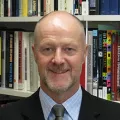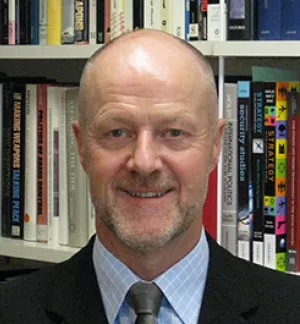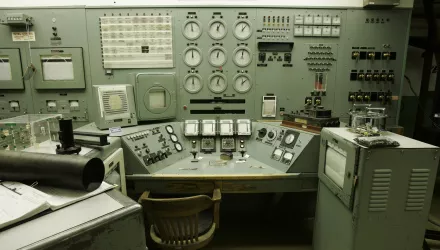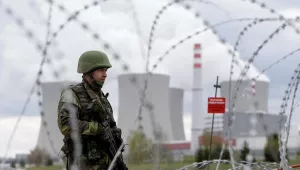International Security Program Seminar Series
Professor Findlay analyzed the response of the International Atomic Energy Agency (IAEA) to the March 2011 nuclear reactor disaster at Fukushima, Japan. He compared the expectations that the Agency, its member states, and other nuclear stakeholders had of the IAEA's role in such a situation with the harsh reality. Drawing on these insights, he suggested possibilities for strengthening the Agency's capacities for handling the next Fukushima. Professor Findlay's research is part of a comprehensive study on strengthening and reform of the IAEA that will be published later this year by the Centre for International Governance Innovation (CIGI) in Canada.
Findlay, Trevor. “The IAEA and Fukushima: Best Laid Plans, Reality Checks, and Doing It Better Next Time.” March 29, 2012




